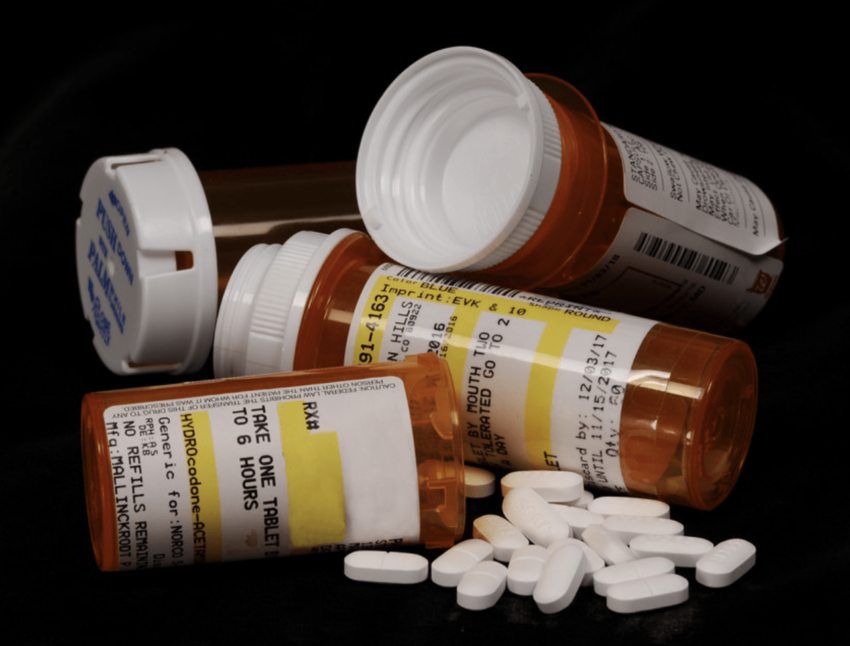KFF Morning Briefing – The question was posed by a federal appeals court to West Virginia’s highest court on Monday, in a case targeting three major U.S. drug distributors. Separately, the methadone clinic system for treating addiction is in the spotlight.
AP: Appeals Panel Asks West Virginia Court Whether Opioids Distribution Can Cause A Public Nuisance
A federal appeals court asked West Virginia’s highest court Monday whether opioid distributions can cause a public nuisance as it reviews a landmark lawsuit against three major U.S. drug distributors accused of causing a health crisis in one of the state’s counties. In July 2022, a federal judge in Charleston, West Virginia, ruled in favor of AmerisourceBergen Drug Co., Cardinal Health Inc. and McKesson Corp. The lawsuit accused them of distributing 81 million pills over eight years in Cabell County, which has been ravaged by opioid addiction. (Raby, 3/18)
Stat: Leading Voice In Opioid Treatment Defends Methadone Clinic System
Nobody has made more of an impact on methadone treatment than Mark Parrino. For decades, he’s served as the founder and president of the American Association for the Treatment of Opioid Dependence, a nationwide advocacy group representing methadone clinics. Before AATOD, he ran a statewide advocacy group in New York, having made the jump to politics and policy after working as a clinic director and, before that, as an addiction counselor. (Facher, 3/19)
Stat: Private Equity Moves Into The Methadone Clinic Monopoly
Private equity firms have acquired stakes in nearly one-third of all methadone clinics in recent years, gaining outsize control of the U.S. addiction treatment industry even as the country’s opioid epidemic has developed into a full-fledged public health crisis. (Facher, 3/19)
The Philadelphia Inquirer: Getting Addiction Treatment In Philly Is Difficult And Painful, A Jefferson Study Found
Navigating Philadelphia’s fragmented array of drug treatment programs deters many people with opioid addiction from getting the care they need, a new report from Thomas Jefferson University has found. The city has 60 programs outside of hospitals designed for drug users who are relatively stable, and more than 1,800 beds in residential rehabs. Hospitals and psychiatric hospitals have at least another 150 inpatient beds for those with more intense medical needs. But securing a spot in these programs can be difficult. (Whelan, 3/19)
This is part of the Morning Briefing, a summary of health policy coverage from major news organizations. Sign up for an email subscription.
Source link
